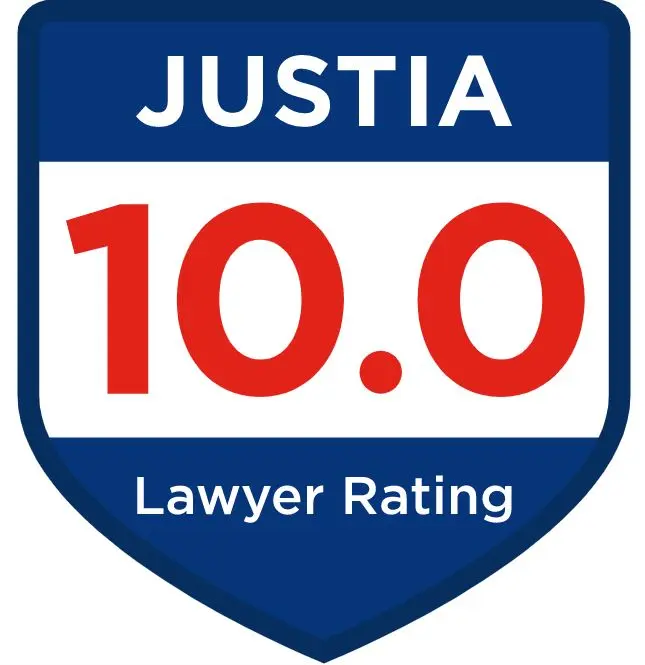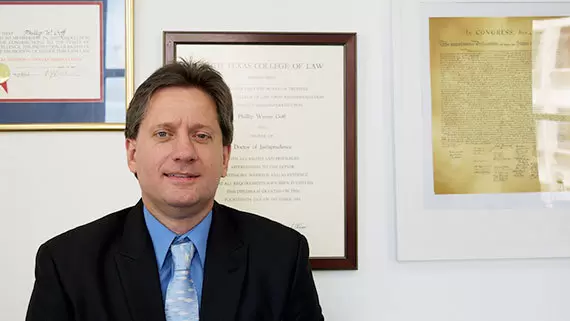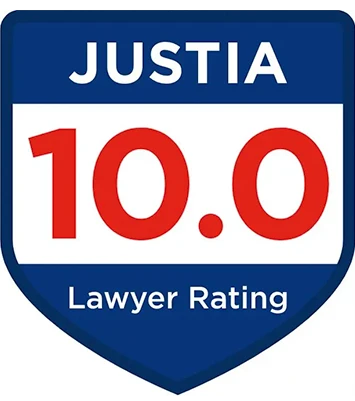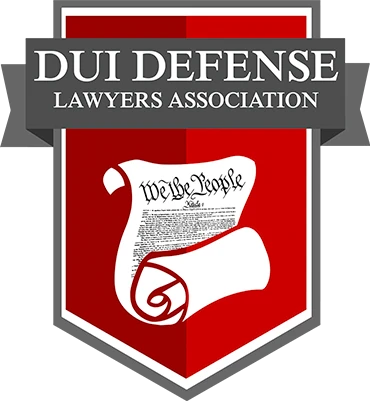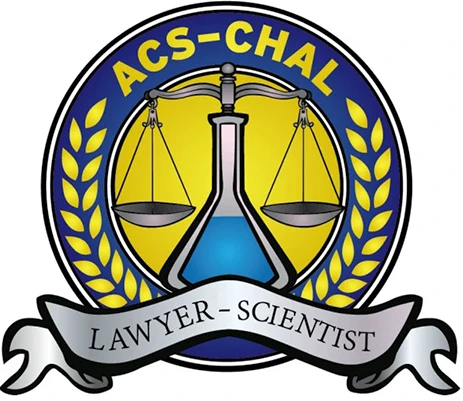Legislators appear enamored with holding driver licenses hostage. When I started as a lawyer, I discovered at least 17 different ways people could lose their licenses.
Licenses can be invalidated for not paying child support, non-payment of surcharges, conviction of possession of marijuana and other drugs, driving while license invalid, refusal to provide a breath sample after a dwi arrest, providing a breath sample over .08 after a dwi arrest, providing driving while intoxicated, getting more than one conviction for not having insurance, driving under the influence (underage drinking), and habitual violator of traffic laws, to name a few. An invalid driver license seems like a tool to combat people doing dangerous things.
On the surface, the Legislature seems to make some sense. Having your license suspended is especially painful. Increasing pain when people engage in undesirable behavior seems to be a good idea to curb the behavior. Unfortunately, everyone else who is in the invalid license web may be trapped in a system they cannot escape, and the idea of reducing the undesirable behavior is defeated by the very mechanism to do the opposite.
Your license isn’t a right.
Courts rulings have long supported lawmakers’ love affair with suspensions, since the courts have consistently supported the position a driver license is a privilege, not a right. Ask yourself how free your life would be without the ability to drive. If you don’t have public transportation available to you, you could effectively become unemployable, among other limitations.
The notion of a license suspension is “punishment” has been consistently ridiculed, despite the fact losing one’s driver license easily can have more devastating consequences than a short jail sentence or a fine. Nonetheless, courts show no sign of changing their rulings.
Therefore, unlike a right you may assert to protect yourself, your privilege to drive can come with just as many strings as the Legislature can conjure.
Some suspensions are plainly applicable to public safety and a direct response to dangerous driving. If a drunk driver is convicted of hurting or killing someone in a crash, it’s not a stretch to say that person should lose the “right”/”privilege” to drive.
Head scratching rationales
Others, however, are head scratchers.
For instance, consider the person who was convicted of possessing the least little bit of marijuana, an amount barely able to register on a scale. By virtue of the conviction alone, the person’s driver license is suspended for 180 days. Mind you, the suspension needs to have ABSOLUTELY NOTHING to do with driving or being in a motor vehicle.
To further confuse me, the Texas Legislature assigns the same 180-day suspension to the person convicted of possessing thousands of pounds of marijuana. The suspension is the same.
The people dealing drugs to school kids or transporting for a cartel to earn thousands of dollars are treated the same as the teenager caught with a single joint in his pocket while leaving a concert.
Another head-scratcher is people behind on child support. Despite the fact courts can order such people into jail for not paying, suspending their driver licenses apparently needs to happen, too. Although bailing out on child support is not in the public interest, it seems a license suspension makes most people less able to earn money; reliable transportation is routinely one of the most important aspects of employment.
Reform is clearly due. It’s time the Legislature started using something other than the hammer of license suspension to respond to the myriad issues it faces.


